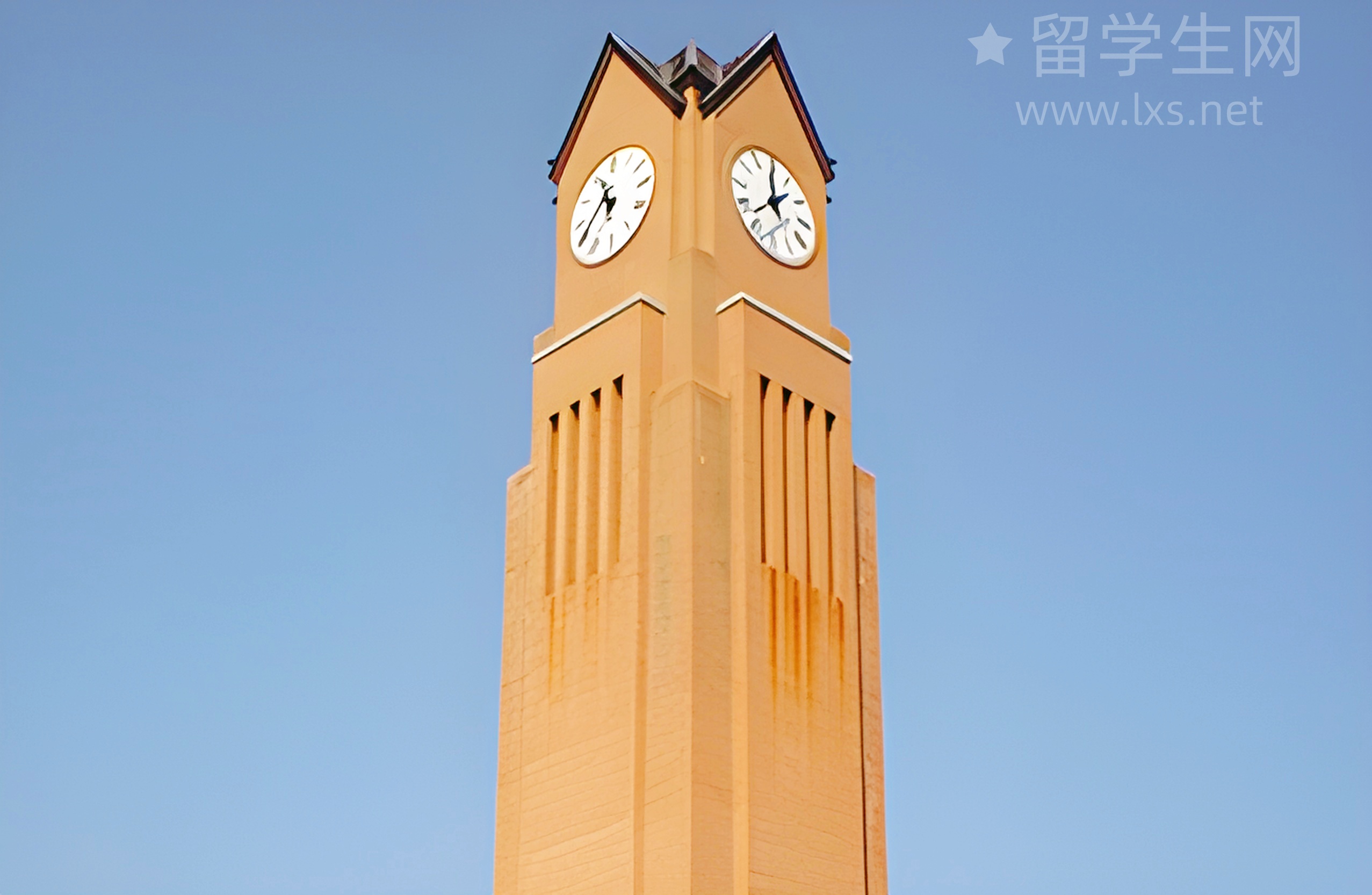| 换题季口语备考 · 避坑指南 |
|---|
| 误区一:死记硬背标准答案。以为背得越多越好,结果一紧张就忘词,或者回答得像个机器人,被考官追问一下就露馅。高分口语的关键在于展示真实的沟通能力,而不是背诵能力。 |
| 误区二:话题准备“雨露均沾”。时间有限,新题那么多,不可能每个都准备到完美。聪明的做法是“串题”,找到话题之间的内在联系,准备一个万能故事或观点,可以用在多个不同的话题上。 |
| 误区三:只看不说,当“哑巴”学英语。看了再多范文,不开口练习都是纸上谈兵。口语是肌肉记忆,每天至少要保证30分钟的开口时间,找个语伴或者对着镜子自言自语都行。 |
哈喽各位还在和雅思奋战的同学们!欢迎来到留学僧网站(www.lxs.net)的雅思备考专栏。
我想先给你们讲个我身边朋友小琳的真实故事。小琳为了申请英国G5,总分刷到了7.5,但口语就像被下了魔咒,永远卡在6.0。去年换题季前,她把市面上能找到的题库都背了个遍,自我感觉良好,觉得这次肯定稳了。
结果,命运弄人。考场上,考官冷不丁地让她在Part 2描述一个“An interesting conversation you had with a very old person”(你和一位老人的有趣对话)。她脑子里准备的全是关于朋友、旅行、电影的故事,一下就懵了。一分钟准备时间里,大脑一片空白。最后只能现场胡编乱造,说得磕磕巴巴,逻辑混乱。成绩出来,口语依然是那个熟悉的6.0,差点就因为小分不够和梦校擦肩而过。
这个场景是不是有点熟悉?每年5月、9月、1月,雅思口语换题季一来,总有大批同学“阵亡”在考场上。根据雅思官方发布的2022年数据,中国大陆考生的口语平均分只有5.8分,是听说读写四项里的最低分。很多同学就是被这0.5分挡在了理想学校的门外。
别怕,今天这篇文章就是你的救命稻草!我们为你整理了这份滚烫的5-8月口语新题库,不仅有超全的话题预测,更有可以直接上手的高分参考答案和思路解析。咱们的目标不是让你去背,而是学会有话可说,说到点子上的能力。话不多说,干货走起!
Part 1 新题预测 & 高分示范
Part 1是热身环节,问题比较日常,但也是给考官留下第一印象的关键时刻。回答时要自然、流畅,稍微展开一点,别只说“Yes”或“No”。我们来看几个高频新题。
话题一:Fixing things (修理东西)
Q: Can you fix things?
参考答案:
Well, I wouldn't call myself a handyman, but I can handle some basic stuff. For example, I can definitely fix a wobbly chair leg or replace a lightbulb. Recently, I even managed to fix my dripping kitchen faucet by watching a tutorial on YouTube. It gave me a huge sense of accomplishment. For anything more complicated, like a broken laptop screen, I'd leave it to the professionals.
思路解析:
这个答案没有简单地说“Yes, I can”。它首先给出了一个谦虚的定位“wouldn't call myself a handyman”(我不会说自己是手艺人),显得很真实。接着用具体例子来支撑观点,比如修摇晃的椅子腿(a wobbly chair leg)、换灯泡、修滴水的水龙头(a dripping kitchen faucet)。提到看YouTube教程这个细节,非常贴近生活。最后,还说明了自己的能力边界(leave it to the professionals),展现了逻辑的完整性。整个回答充满了生活气息,而不是干巴巴的模板。
话题二:Robots (机器人)
Q: Are you interested in robots?
参考答案:
Absolutely! I'm quite fascinated by how far robotics has come. I mean, we see them everywhere now, from the robotic vacuum cleaners that zip around our apartments to the sophisticated robotic arms used in car manufacturing. I find the potential of AI-powered robots particularly interesting, especially in fields like healthcare. It's like we are living in a sci-fi movie that's slowly coming true.
思路解析:
开头用“Absolutely!”和“fascinated by”表达了强烈的兴趣。接着,答案从两个层面举例:生活中的扫地机器人(robotic vacuum cleaners)和工业中的机械臂(sophisticated robotic arms),让回答更具象、更有说服力。最后拔高了一下,提到了AI和医疗领域的应用,展示了思考的深度。结尾那句“living in a sci-fi movie”生动又形象,能让考官眼前一亮。
话题三:Maps (地图)
Q: Do you prefer to use paper maps or electronic maps?
参考答案:
Oh, electronic maps, without a doubt. I can't even remember the last time I used a paper map. Apps like Google Maps or Baidu Maps are just incredibly convenient. They offer real-time traffic updates, suggest the fastest routes, and can even show you nearby restaurants or cafes. While I appreciate the nostalgic charm of a paper map, for practical, day-to-day navigation, digital is the way to go for me.
思路解析:
这个回答立场鲜明,“without a doubt”直接给出选择。然后解释为什么,列举了电子地图的几大优点:实时交通更新(real-time traffic updates)、最快路线(fastest routes)、周边推荐。这种列举的方式让内容非常充实。同时,它也没有完全否定纸质地图,用“nostalgic charm”(怀旧的魅力)来承认其价值,显得观点很平衡、客观。这种对比论证的方法在Part 1里非常好用。
Part 2 新题预测 & 高分示范
Part 2是个人陈述,有一分钟准备时间,需要说满1-2分钟。这部分非常考验你的故事构建和语言组织能力。记住,一个好的故事远比一堆华丽辞藻的堆砌要动人。
话题卡:Describe an interesting conversation you had with a very old person.
You should say:
- Who this person was
- Where you had the conversation
- What you talked about
- And explain why you found the conversation interesting.
参考答案:
I'd like to talk about a really memorable conversation I had last summer with my grandfather. He's in his late eighties and is usually a man of few words, so this chat was quite special.
It happened one evening when I was helping him sort through some old photo albums at his home. The house was quiet, and the soft lamplight created a very nostalgic atmosphere. As we were looking at a faded black-and-white photo of him as a young man, he suddenly started opening up.
He talked about his youth, about a time that's completely different from my world. He told me stories about growing up in a small village without electricity, how he had to walk miles to school every day, and how he met my grandmother. It wasn't just a series of events; he shared his feelings—his dreams as a young boy, the hardships he faced during the war, and the simple joys that we often take for granted today, like owning his first bicycle.
What made this conversation so incredibly interesting for me was that it felt like I was time-traveling. It wasn't a history lesson from a textbook; it was a living, breathing account of the past. Hearing his personal stories gave me a much deeper appreciation for my own life and the sacrifices his generation made. It bridged a generational gap between us, and for the first time, I saw him not just as my grandfather, but as a young man with his own hopes and fears. It was a profound experience that I'll cherish forever.
思路解析:
1. 人物和背景(Who & Where):清晰交代了人物(grandfather)和场景(at his home, sorting photo albums),“soft lamplight”和“nostalgic atmosphere”等细节描绘得很有画面感。
2. 谈话内容(What):没有泛泛而谈,而是通过“growing up without electricity”, “walking miles to school”, “owning his first bicycle”等具体细节来展现过去的生活,让故事有血有肉。
3. 为什么有趣(Why):这是整个回答的升华部分。答案从三个层次解释了“有趣”的点:首先是“time-traveling”的感觉,像在阅读一本活历史;其次是让自己更懂得珍惜(deeper appreciation for my own life);最后是拉近了祖孙间的距离(bridged a generational gap)。这让整个故事的立意变得非常深刻,远不止“有趣”那么简单。
万能素材提示:这个关于“和长辈对话”的故事,经过修改,还可以用在“一个让你学到东西的经历”、“一个重要的家庭事件”、“一张对你很重要的照片”等多个话题上,这就是我们前面说的“串题”思路。
Part 3 新题预测 & 高分示范
Part 3是基于Part 2话题的深入讨论,问题会更抽象、更宏大。考官想看到的是你的思辨能力和论证能力。记住一个简单的结构:观点(Point)+ 解释(Explain)+ 举例(Example)。
话题:Intergenerational Communication (代际沟通)
Q1: What can young people and old people learn from each other?
参考答案:
I believe the learning is mutual and incredibly valuable. On one hand, young people can learn a great deal from the older generation's life experience and wisdom. They've lived through different historical periods and have a unique perspective on resilience and problem-solving that can't be found in books. For example, my grandmother taught me how to be more patient and resourceful, skills she honed during tougher economic times.
On the other hand, a lot of seniors can benefit from the youth's knowledge of modern technology. Young people can teach them how to use smartphones to connect with family, shop online, or access entertainment. This not only makes their lives more convenient but also helps combat feelings of isolation that can come with aging. It's really a two-way street.
思路解析:
这个回答结构非常清晰。它用了“On one hand... On the other hand...”来分别论述两个方面。在论述年轻人能学到什么时,它没有说空话,而是具体到“resilience and problem-solving”(韧性和解决问题的能力),并用自己奶奶的例子来支撑。在论述老年人能学到什么时,具体到了使用智能手机的各项功能,并指出了这背后的深层意义——对抗孤独感(combat feelings of isolation)。逻辑清晰,论证有力。
Q2: Do you think the government has a responsibility to take care of old people?
参考答案:
Yes, I strongly believe so. The government has a fundamental responsibility to ensure the well-being of its senior citizens. This goes beyond just financial support like pensions. It should also include providing accessible and affordable healthcare, which is a major concern for the elderly. For instance, many governments are investing in public healthcare infrastructure and subsidizing medication costs for seniors.
Furthermore, it's about creating an age-friendly society. This could involve building more community centers for seniors to socialize, improving public transport accessibility, and even running programs to promote lifelong learning. In China, for example, there's a growing number of "universities for the elderly" which are often supported by local governments. It’s a collective responsibility, but the government must play the leading role in creating the framework and safety net.
思路解析:
这个回答展示了很强的社会观察能力。第一段,它指出了政府的责任不仅限于养老金(pensions),更重要的是医疗(healthcare),并给出了具体措施(subsidizing medication costs)。第二段,它进一步将话题拓展到构建“age-friendly society”(老年友好型社会),提到了社区中心、公共交通和老年大学等更宏观的层面,并用中国“universities for the elderly”作为具体例子。整个回答有广度也有深度,展现了考生成熟的思考能力。
好了,今天的分享就到这里啦。
我知道,准备雅思口语是个挺折磨人的过程。刷不完的新题,背不完的词汇,还有开口就紧张的自己。但你一定要记住,考官想找的不是一个英语完美的机器人,而是一个能用英语有效沟通的、活生生的人。
今天给你的这些答案和思路,千万别死记硬背。试着把里面的好词好句、有趣的观点,变成你自己的东西。找个小伙伴,或者就打开手机录音,对着这些新题,用你自己的经历和想法,一遍遍地说。说得多了,那些地道的表达自然就长在你嘴上了。
别怕犯错,也别怕说得不完美。你每一次开口的努力,都是在为你和雅思的“分手典礼”铺路。加油!祝大家早日拿到理想的分数,和雅思漂亮分手!






